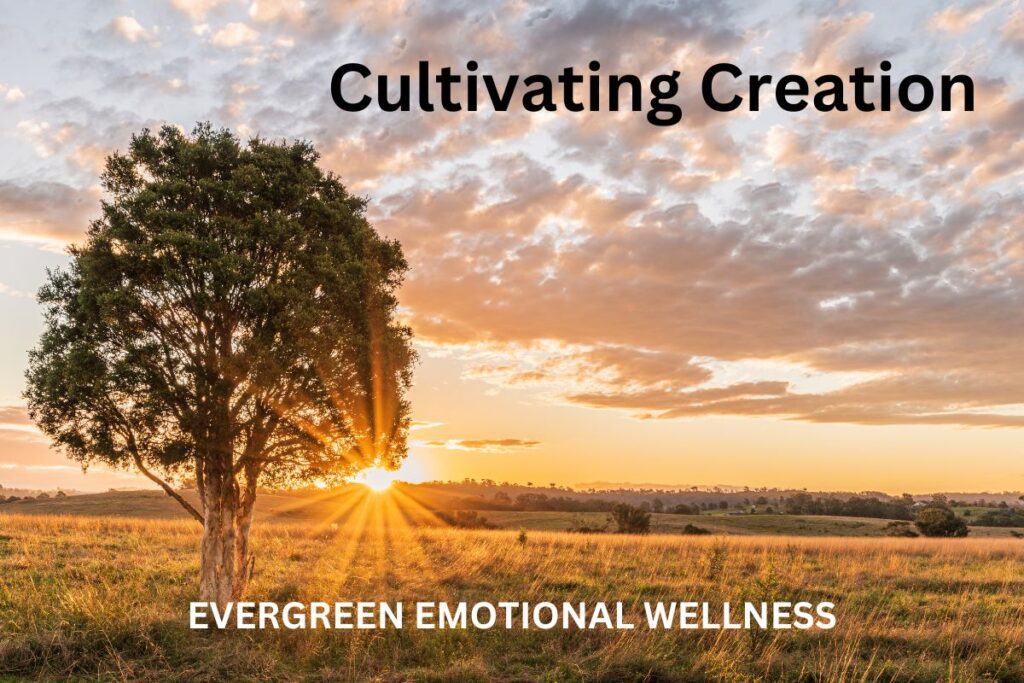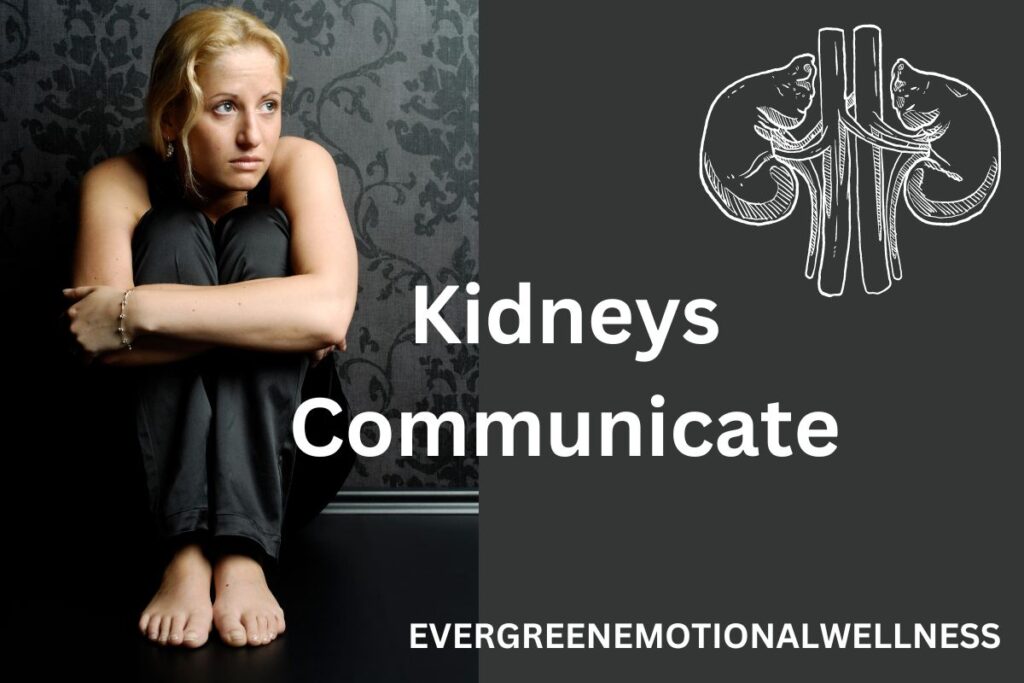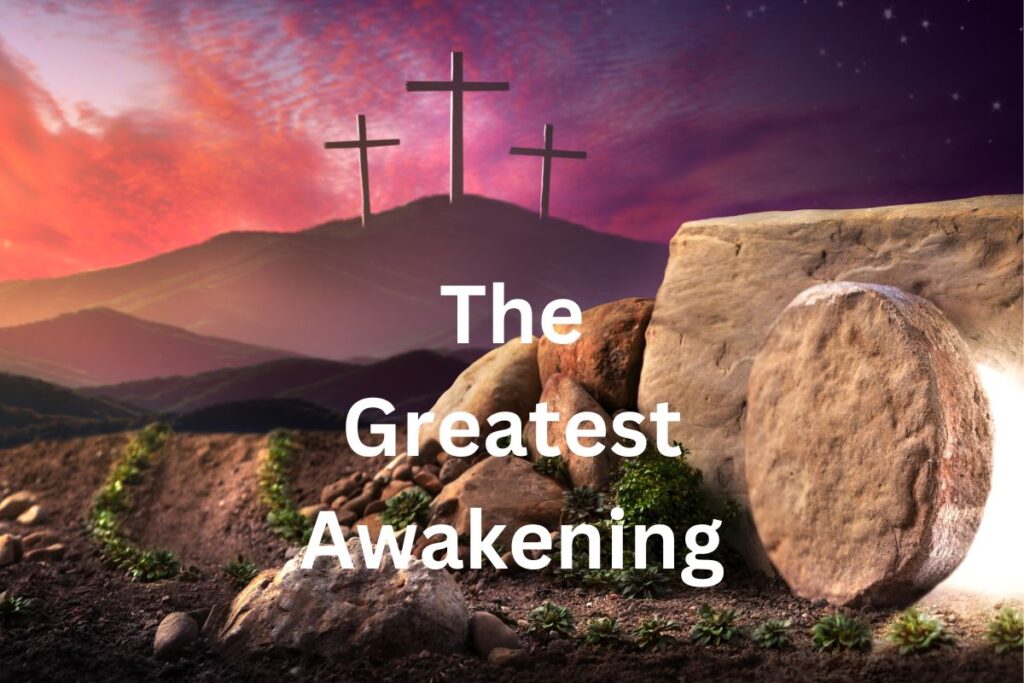Today’s blog post is an excerpt from the book, The Crucible of Loss. Grief is one of the toughest emotional trials that we journey through in this life and the grief of suicide is extremely hard to process. Kelley Owens courageously shares her personal tragedy of losing her spouse and the lessons God has taught her in her healing.
I measure the years of my adult life by the losses of loved ones. Ask me what year my niece was born, and I’ll think, “It was 3 years after my aunt died, so it must be 2013.” How old was I when I left the small town where I grew up? It was 2 years after my mother died, so I was 22. I do this automatically, without thinking. Every major event in my life is compared to the loss of a loved one and measured from that point. The math lines up easily. My mother passed away when I was 20, my aunt (a surrogate mother for most of my life) when I was 30, and my husband when I was 40.
The first significant loss in my life was my mother, who died after a long and agonizing struggle with cancer. Her death was an instant relief. The years of pain and suffering were finally over, and she was with God in a better place. At the time, I thought I was supposed to learn resilience and self-sufficiency. I thought God wanted me to depend on no one but myself. My extended family was supportive, but I turned inward for strength, and in doing so, I pulled back from God. It wasn’t a conscious decision; it happened by small degrees. I thought I was supposed to hide the sadness from everyone, including God. My mother was a strong woman and I thought I was supposed to take her place. I learned the lesson I thought I needed to learn, but I was wrong.
My husband died in December of 2021, but not from COVID. He committed suicide after a relatively brief but very intense psychological breakdown. It was the most shocking thing that has happened in my life. Suicide brings with it emotions that are almost indescribable. Bitterness, shock, anger, despair, confusion, guilt, sadness all mix together into a haze that I’m not sure can be named. It creates a heaviness that settles all around and permeates every aspect of life. It is a constant thought, a constant feeling, and it is exhausting. But this loss is what finally made me learn the lesson God wanted me to learn.
God doesn’t want me to rely on myself. He wants me to rely on Him. He wants me to draw nearer to Him as He will draw nearer to me. He doesn’t want me to feel guilty for things that were not my fault and I cannot change. He doesn’t want me to be consumed with sadness and locked away in grief. He wants me to serve Him with joy and passion. He wants me to turn to Him when I need strength, not inward to myself. He wants me to know that He is always with me. It has been a year since my husband’s death, and I am learning these lessons every day. Grief is nourishing to faith in a way that nothing else can be. Sitting with that pain and allowing God to take it away piece by tiny piece brings comfort that only a deepening faith can. God is in charge of the timing of healing, and giving that timing over to Him is freeing. John 14:18 says, “I will not leave you comfortless. I will come to you” (KJB). And there will come a miraculous moment when the haze starts to clear, the burden feels just a little bit lighter, and breathing comes a little bit easier.
Steps in Pursuit
- Psalm 55:22 says, “Cast your cares on the Lord and he will sustain you…” (NIV). Write down the emotions and concerns that are weighing you down and prayerfully give them to God. Then with an open heart, receive the loving care He desires to give to you.
- Kelley shares how we tend to hold onto pain because we falsely believe that letting go will diminish the memory of our loved ones. Take a step this week to honor the memory of a loved one by celebrating life in some way. Some examples might be: Go for a walk in nature, spend time with a friend, share a hug with a loved one.
- It is easy to isolate and disconnect from others when we are going through pain. Identify ways you may be isolating from others, or perhaps you have noticed someone who has withdrawn. Intentionally reach out and reconnect with individuals, letting them know how much you value the relationship.
Psalm 30:5 “Weeping may endure for a night, but joy comes in the morning” (NKJV).
Continue the Pursuit,
Denise






